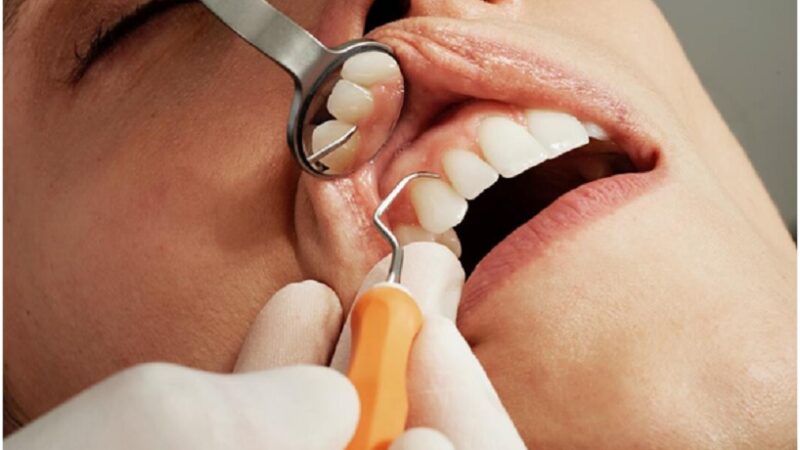There are many people who would wonder as to how the mental health is linked to oral health and the kind of role it has over the psychological aspects of the person suffering from the same. Many may wonder as to how mental health is connected to oral health and the role it has psychiatric mental health can help in improving upon the oral health and the result it has over the population of the patient. As per the various programs, a number of patients having the psychiatric symptoms are seen having low quality of oral health results, which is critical for any healthcare professionals to find out the needs of patient’s oral health.
Mind-Body Connection -Research Studies
A review about the oral health pertaining to adults with serious kind of mental illness was discovered with dull kind of oral health. As per reports, more than 60 percent of such people are seen having oral issues. Some of the obvious dental issues that come along with the mental issues include the dry mouth or xerostomia, gross caries, missing teeth, periodontal disease, decayed teeth and other similar issues. The co-morbidities linked with psychotropic medications can include weight gain or obesity, hypertension and even diabetes are seen with the risks of oral health that can come along with other issues like tooth loss and gingivitis. More specifically speaking, the general population the patients with the SMI are thrice the teeth removed.
Health status with Psychiatric Ailments
The studies carried out as discussed also suggest that the general population with serious mental issues are thrice probable to get removed the teeth. The poor oral health status found among the patients can be seen with the following psychiatric ailments:
- Schizophrenia spectrum and several other psychotic disorders: The patients can showcase a dull kind of setting and avolition, inhibiting the proper oral hygiene habits and demonstrate hallucinations or delusions regarding the dental care
- Face Eating disorders: The people with issues like bulimia can give enamel erosion, while the ones with anorexia can showcase the reduction of calcium.
- Substance-related disorders: The stimulants can cause issues like xerostomia (dry mouth); which can be seen due to decreased amount of salivary flow rendering a medium for the cavities to flourish and thus boost up the risk of severe decay.
- Depressive disorders: The patients having low motivation can be seen inhibiting proper oral hygiene habits.
- Bipolar and Related Ailments: The patients who regularly brush too vigorously can be seen disrupting tooth enamel
- Obsessive- Compulsive and related disorders: The patients who are known to brush too vigorously or are known to have whitened teeth obsessively destroying tooth enamel.
The Dental Patients’ Psychology
As per reports, more than 20 million US citizens are seen refraining from visiting dentists due dental anxiety. For some kids and even adults, their dental anxiety at times is so high that can lead to phobias as referred with codes like DSM5 and ICD9. The dental anxieties and phobias are seen rising up for a wide range of reasons that can include the dental healthcare ideas that are instilled during the upbringing. The reports suggest a number of painful dental traumatic experiences, which can further lead to negligence of oral healthcare.
Conclusion
The mental illness can be called as a continuum that simply ranges from the minimal personal trauma to serious kinds of mental problems. As per the above studies, the experts are supposed to keep a check over the dysfunctional symptoms and behaviors that are seen putting their impact over the oral health of patients. And in case, if these are left unattended it can lead to a number of serious systemic consequences.









